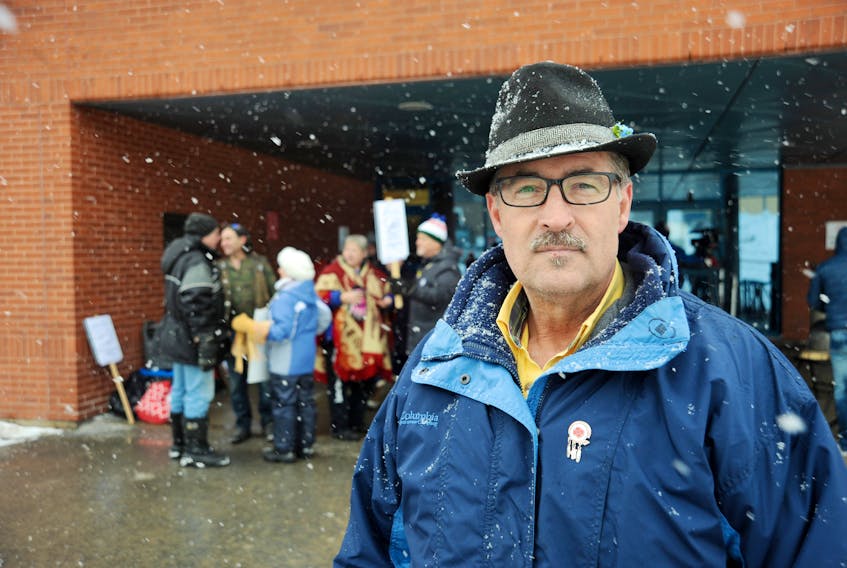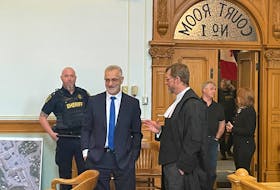Matthew Connolly is one of the few, but he believes there are others who should have denial of their status in the Qalipu Mi’kmaq First Nation Band overturned.
The Corner Brook native and direct descendant of Mattie Mitchell, a proverbial icon in western Newfoundland’s Mi’kmaq community, was among those who were on the original Qalipu founding members list established in 2008.
Related stories:
Only 18,044 people were successful in Qalipu enrolment process
Now splitting his time between living in Nova Scotia and Corner Brook, Connolly was floored to find out last fall that, as per the reassessment of applications ordered by the 2013 supplemental agreement to the band’s formation, he had been denied status.
More than 10,000 people were eliminated from the original founding members list of nearly 24,000 people. More than 80,000 of the roughly 101,000 people who applied for membership under the supplemental agreement were denied.
“I was quite perturbed and sick to my stomach,” Connolly said of receiving that rejection letter, which he said had informed him he was missing some documentation.
Being a military man, Connolly said he had kept meticulous records. He made two more copies of his entire application and re-submitted them a week apart. He sent them in such a way that there would have to be signed documentation of their receipt, so he would have confirmation it had arrived where it was supposed to.
Several months and numerous phone calls later, he was informed that there had been an error and that his application was in order and he would be maintaining his status. He said he was told his original file had also now been located.
He would like to know what happened to his original application between when he first submitted it and when the letter of denial was sent to him.
“I would really like to go there and see what the exact process is for digitizing the information and how it was processed,” he said.
Because he thinks it was his persistence that led to the denial being reversed, Connolly cannot help but wonder how many others would be successful if they followed up their applications more diligently.
He said he knows of people who are considered elders and die-hard Mi’kmaq people who have been rejected by the process and that doesn’t sit well with him.
“I truly believe this was a cut and slash game to trim the numbers down,” said Connolly. “I never stopped and kept phoning and sending material and kept pushing. I refused to give up … I think they realized I wasn’t going to go away and they conceded that they had my records.”









